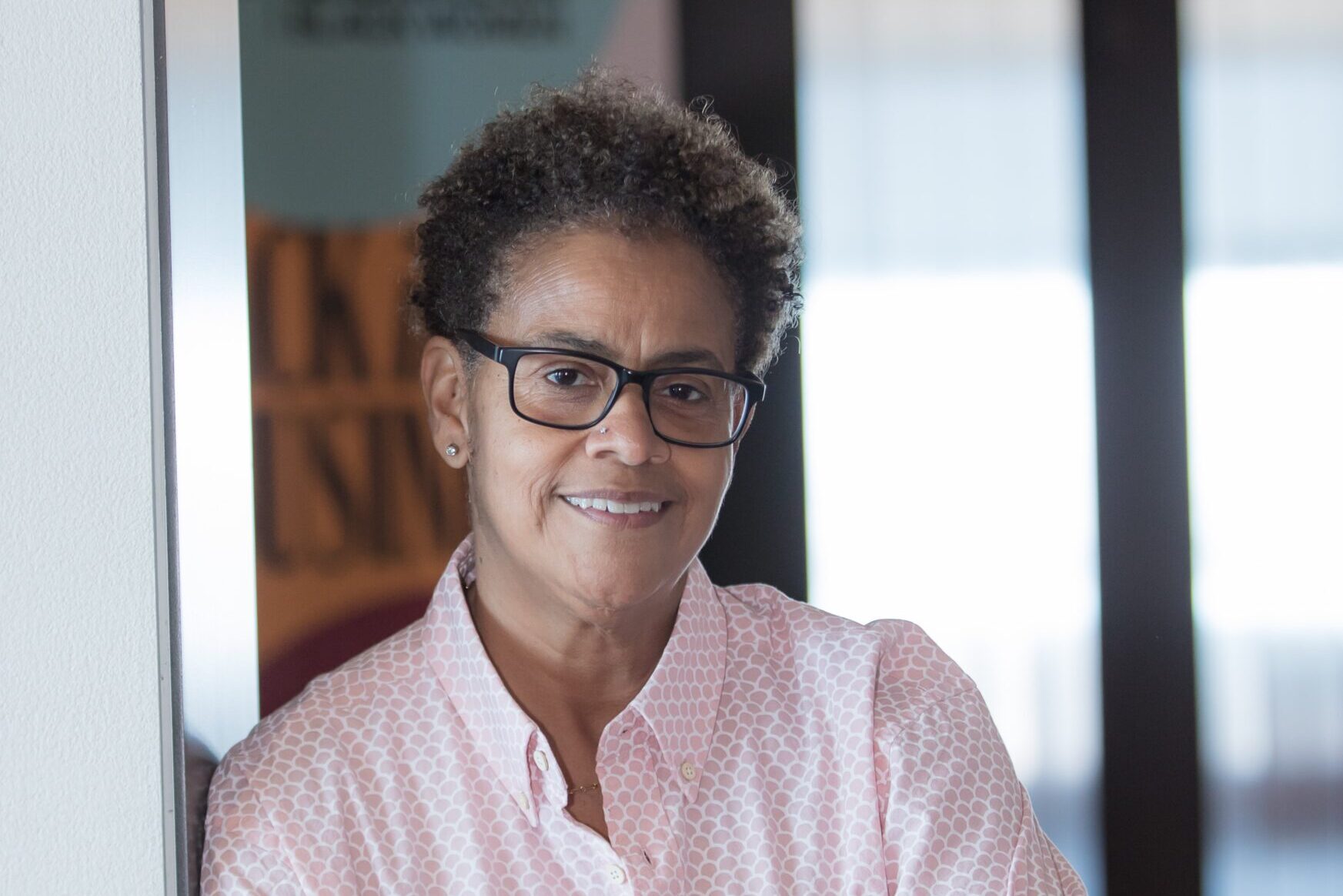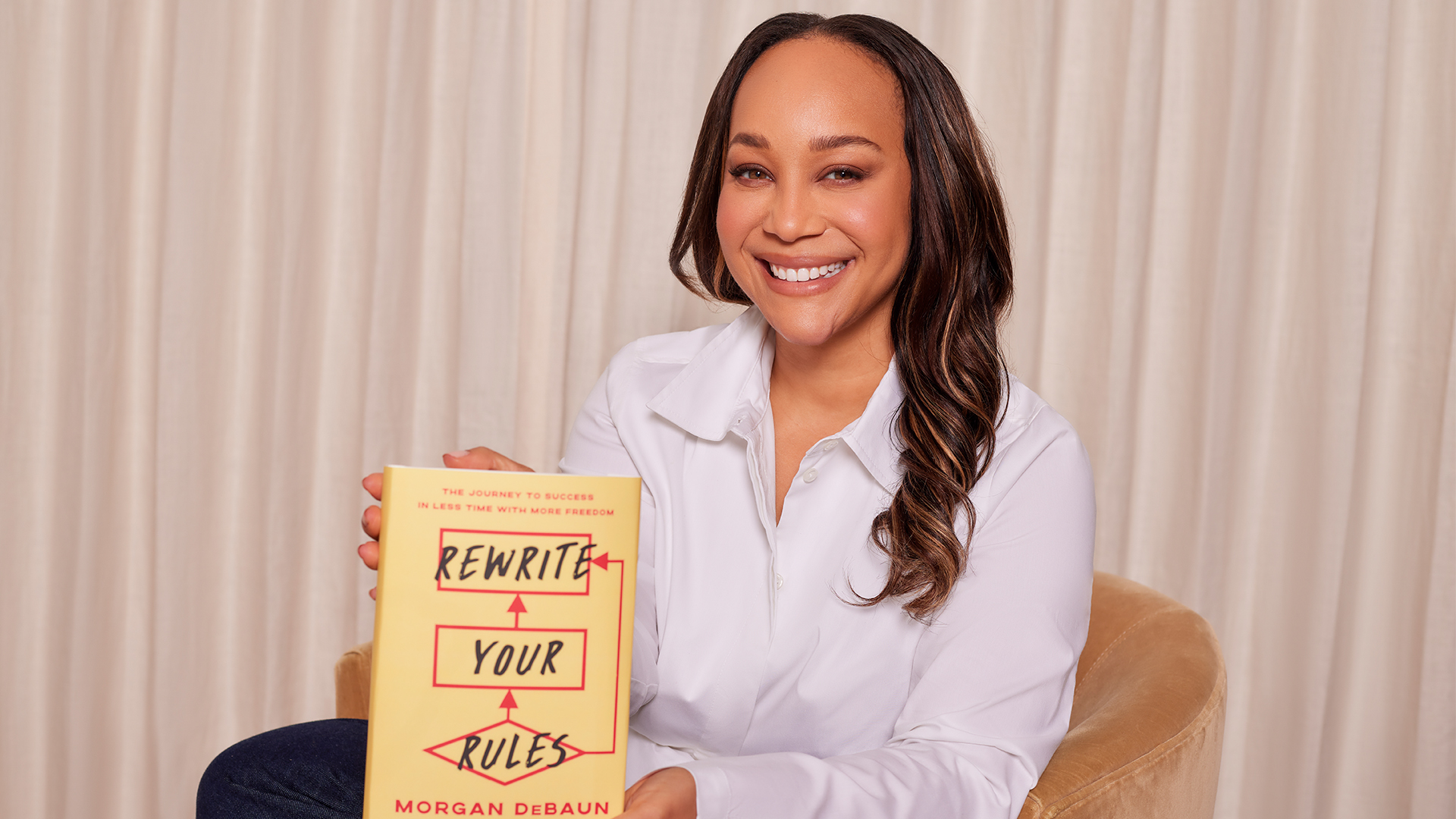When people think about building wealth, many are drawn to the immediate gratification that they may see via social media, celebrities, etc. And many are consistently looking at diverse ways to increase their current worth, from earning a top salary, strategically investing, to starting a business or side hustle.
And rightfully so. Today’s job market and economy are in flux. With major layoff announcements occurring almost weekly, earning all you can seems to be at the top of people’s minds.
Considering the aforementioned, having a wealth building plan is crucial to the pathway towards building and maintaining financial wellness that leads to creating generational wealth. It all starts with developing positive savings habits and learning how investments and insurance can be wealth-gaining tools, providing security for the future – for yourself and for those you love.
What is important for many is breaking down the stigma that financial health and generational wealth are only accessible to those in a particular tax bracket, by intentionally creating greater access to financial knowledge, regardless of where people are at on their financial journey.
AfroTech had the opportunity to speak with Darin Florenz and talk about the ways in which anyone can create a financial blueprint for their future and tap into generational wealth.
Florenz is a Segment Marketing Director within MassMutual’s Brand and Marketing organization. His work includes embracing a data-driven posture of listening and learning to provide a high-value customer experience. One of his approaches and nuances is doing this work within Black communities.
“I am not a financial advisor. My role is to help create greater awareness of the value of financial planning, wealth management, and the role that financial products and services can play. I want to convey the difference that it can make in your life, as well as the financial legacy that can result for your loved ones. I enjoy crafting compelling stories that create greater awareness of this value proposition in a manner that drives people to take action to leverage the resources within the financial services industry more effectively,” Florenz explained. “The goal is to help drive greater access so that more people cannot just thrive financially, but also build financial legacies that can last for generations; particularly for individuals and communities that historically have lacked access.”
And when it comes to building wealth, MassMutual shares the following tips to help you on your financial journey:
- Develop a budget.
- Paying your student loans.
- Managing credit card debt.
- Planning for retirement.
- Professional financial guidance.
Develop a budget
Don’t think of a budget as a guide to manage what you need to do each month but in a way that you have some money left over to do what you want to do.
Start by adding up how much cash you have monthly, after taxes,.. (Learn more: What does a budget mean and why is it important to have one?)
Next, make a list of all of your monthly expenses.
Many financial professionals recommend a 50/30/20 split, with half of your income going to essentials (typically your fixed expenses like rent, mortgage, utilities, car loan , insurance, groceries), 30 percent earmarked for discretionary spending (your variable expenses like clothing, going out, etc.), and 20 percent saved for future needs, including retirement, other investments, and emergency savings.
Financial professionals typically recommend emergency savings with 3 to 6 months’ worth of total living expenses. This will help if and when income stops coming in for a period of time and for unexpected expenses. (Learn more: Don’t have an emergency fund? Get one)
Paying your student loans
Managing student loan payments takes discipline, especially with all the other obligations and a limited amount of income.
To reduce and pay off your student loan debt faster, try paying more than the monthly minimum towards the principal on your highest interest rate loan. Private loans typically have less flexible repayment terms than federal loans, which is further motivation to pay them off quickly.
You should also be strategic about repayment of your federal loans. It’s generally best to focus on your unsubsidized loans first, which start accruing interest immediately while you are still in school. By contrast, subsidized loans do not accrue interest until you graduate.
If eligible, it may help to refinance or consolidate your student loan to reduce your interest rate or the term, either of which can help you pay your debt down faster. (Related: Paying off student loan debt: 5 tips)
Just be sure you continue to save for other goals while you continue to pay your student loans. Waiting to put money away for retirement until after you pay off your student loans can be a costly mistake that can jeopardize your future financial security.
Manage Your Debt
Debt can be helpful, if used wisely. As an example, mortgages used to acquire a primary residence is often considered “good debt.” In many cases, student loans are necessary to cover the expenses associated with a higher education, however degree holders may benefit from increased earnings potential. (Learn more: Good debt versus bad debt)
However, high interest rate credit cards can become an overwhelming burden. As an example, a $4,000 credit card bill will take you 20 years to pay off and cost you $5,423 in interest if you make only the minimum monthly payment on a card that charges 18 percent interest.
Start saving for retirement
Saving for retirement is technically part of “creating a budget,” but it’s important enough to emphasize independently.
The sooner you establish a discipline of saving, the bigger your potential returns will be. There is no substitute for the time value of money.
If you start saving $475 per month at age 22 your nest egg at age 67 will be nearly $2.4 million thanks to compounded growth. That assumes an 8 percent average annual return. By comparison, you would have less than half that amount ($1.1 million) if you wait until age 32 to start contributing the same amount monthly toward your retirement. (Learn more: Why saving for retirement early is important)
Many financial professionals recommend that working adults contribute between 10 percent and 15 percent of their income annually toward retirement.
If you can’t max out your 401(k) just save as much as you can — at least enough to get the employer match. And then, perhaps, make it a point to increase your contribution by 1 percent or more per year as bonuses or raises allow.
The most important point is to set up automated payroll deductions, so you pay yourself first. Saving for retirement doesn’t hurt if you never see the money in your paycheck.
Seek professional guidance
Professional guidance from the get-go can potentially set you up for a lifetime of financial security. In fact, your 20s and 30s are the best time to establish a relationship with a financial professional who can help you create a roadmap to help you reach your financial goals.
A financial professional can:
- Determine how much you should save for retirement.
- Recommend an investment strategy designed to help reach your goals. .
- Review your insurance coverage to be sure that you and your loved ones are protected.
- Help you stay on track during times of market volatility.
There are different types of financial professionals with a variety of credentials, specialties, and compensation structures.
It’s wise to interview several financial professionals until you find someone you feel is a fit. Be sure to check their license and ask questions about their qualifications, how they get paid, and what their investment philosophy is. (Find a financial professional.)
Conclusion
By living within your means, managing debt responsibly, and setting money aside for future goals, you can put yourself on the path to personal fulfillment and financial wellness. However, no financial plan will work if the people it’s built for don’t prioritize what’s most important to reach those goals.
The sooner people get a handle on their finances, the greater the chance of achieving their goals. MassMutual is continually guided by one consistent purpose: help people secure their future and protect the ones they love.
MassMutual doesn’t just talk a good game; they walk it too. The company offers various resources like the Live Mutual Blog for timely financial information , a whole category on financial literacy and a landing page as a place to learn more.
The company also has a foundation that aligns the future of finances with youth engagement. The MassMutual Foundation brings financial education to middle and high school students across the U.S. The program is on track to reach 4 million students this year! Fun fact: in 2021, FutureSmart expanded to include families and educators.
To learn more about MassMatual’s products and services, and how you can tap in to build generational wealth, click here www.massmutual.com/financiallegacies.
Insurance products issued by Massachusetts Mutual Life Insurance Company (MassMutual) and its subsidiaries, C.M. Life Insurance Company (C. M. Life) and MML Bay State Life Insurance Company (MML Bay State), Springfield, MA 01111-0001. C.M. Life and MML Bay State are non-admitted in New York.
Securities and investment advisory services offered through MML Investors Services, LLC, Member SIPC, and a MassMutual subsidiary. Springfield, MA 01111-0001.
Compliance: MM202609-306507, 09 2026

















